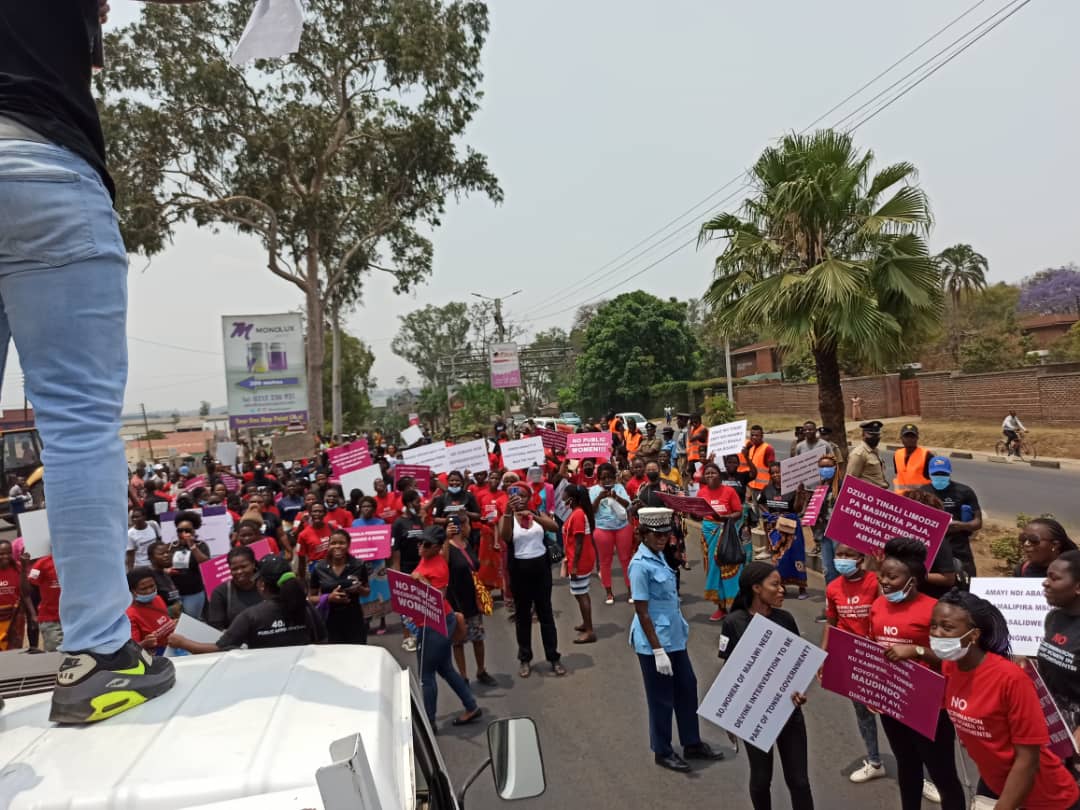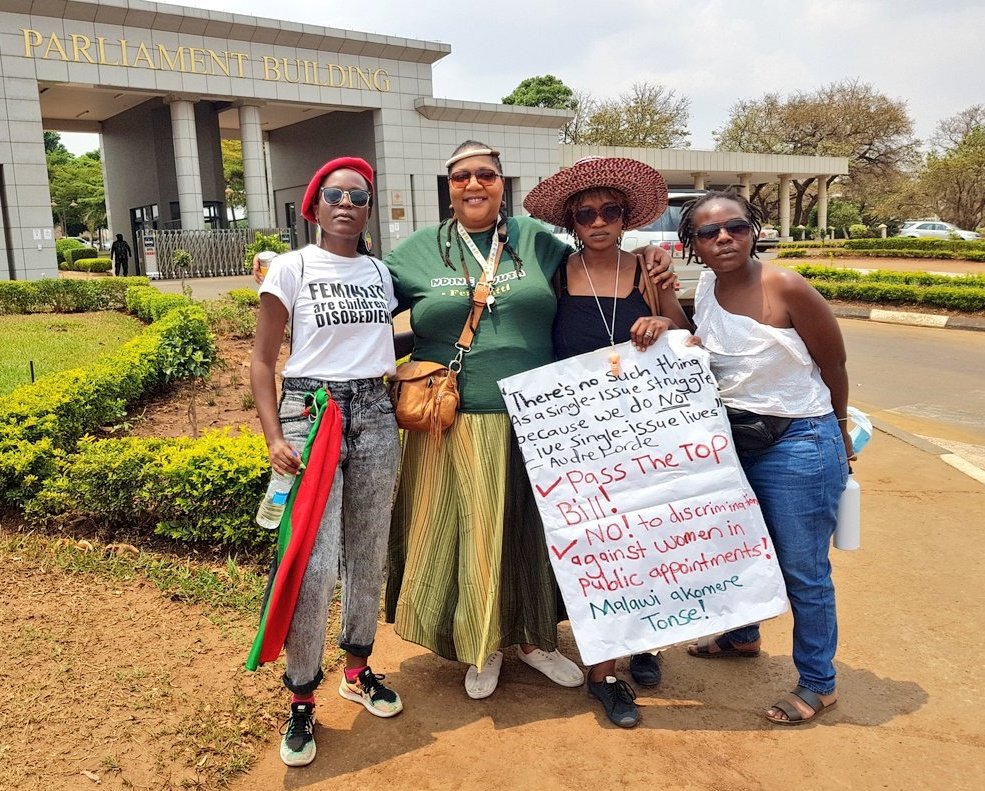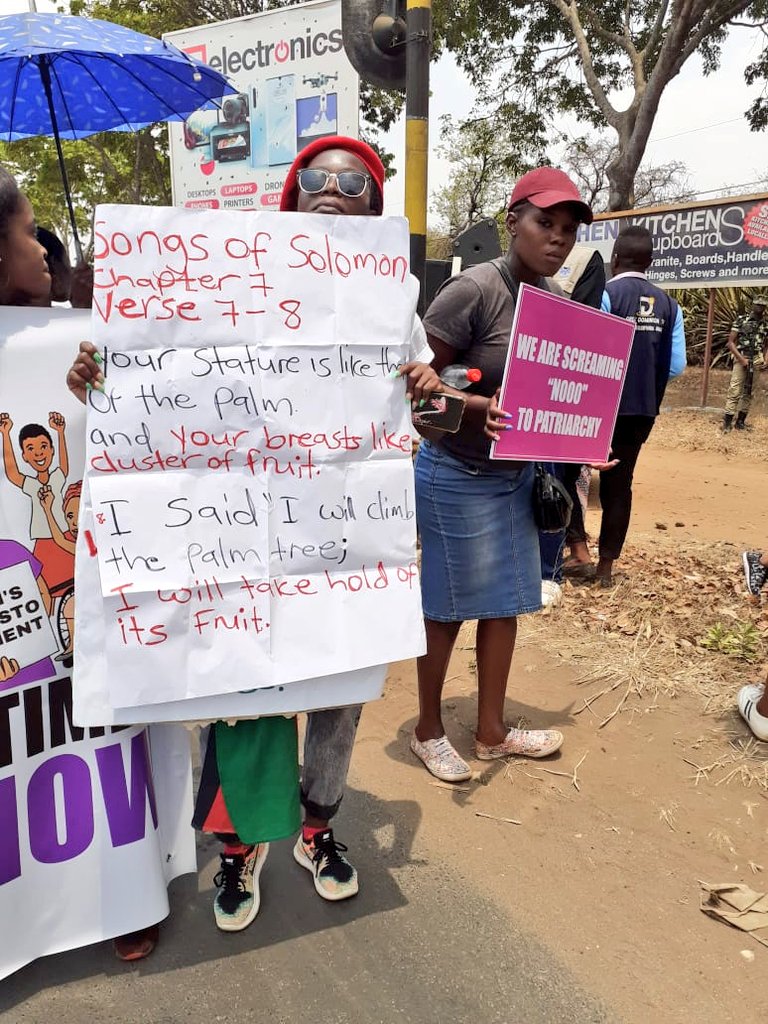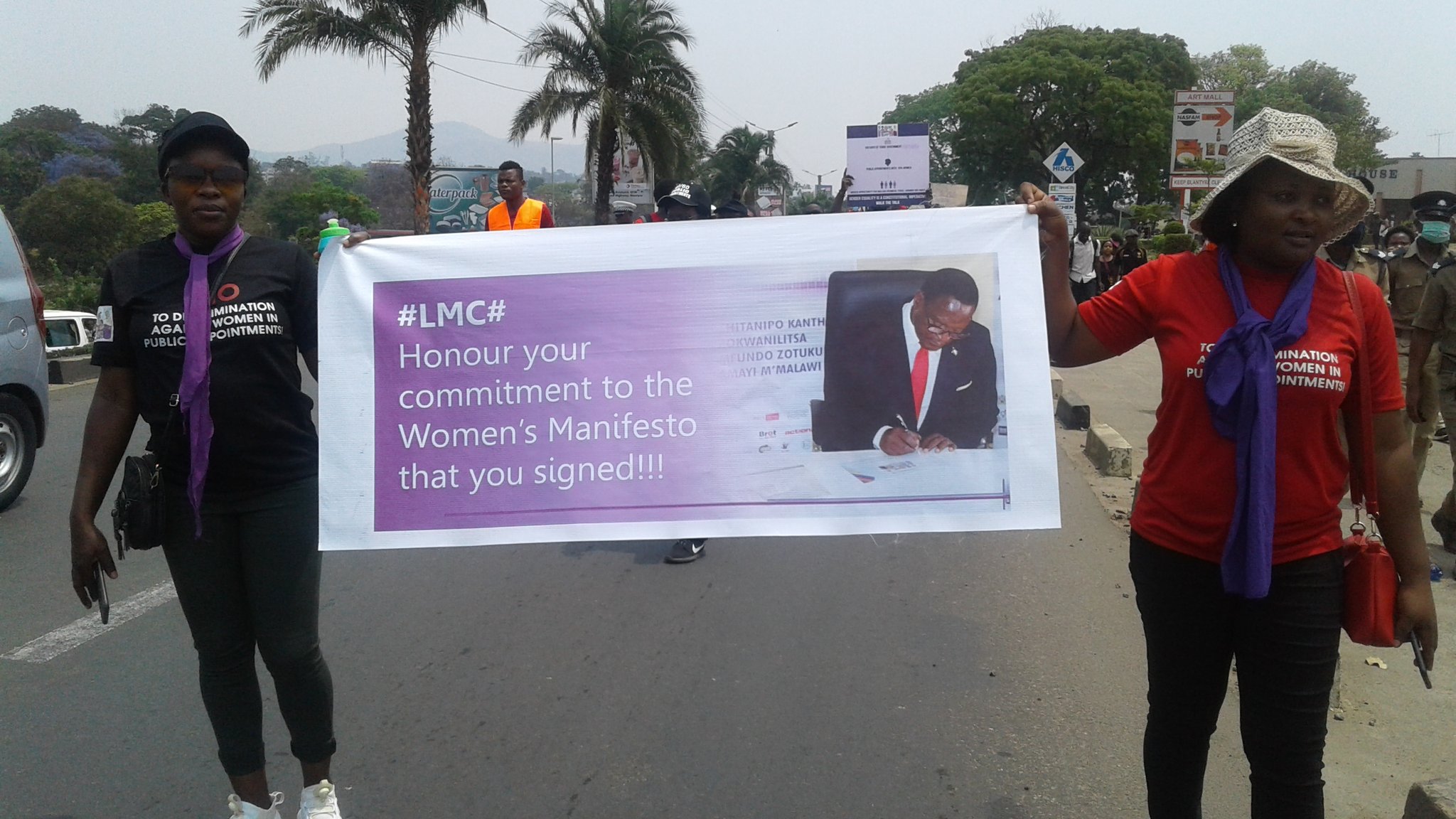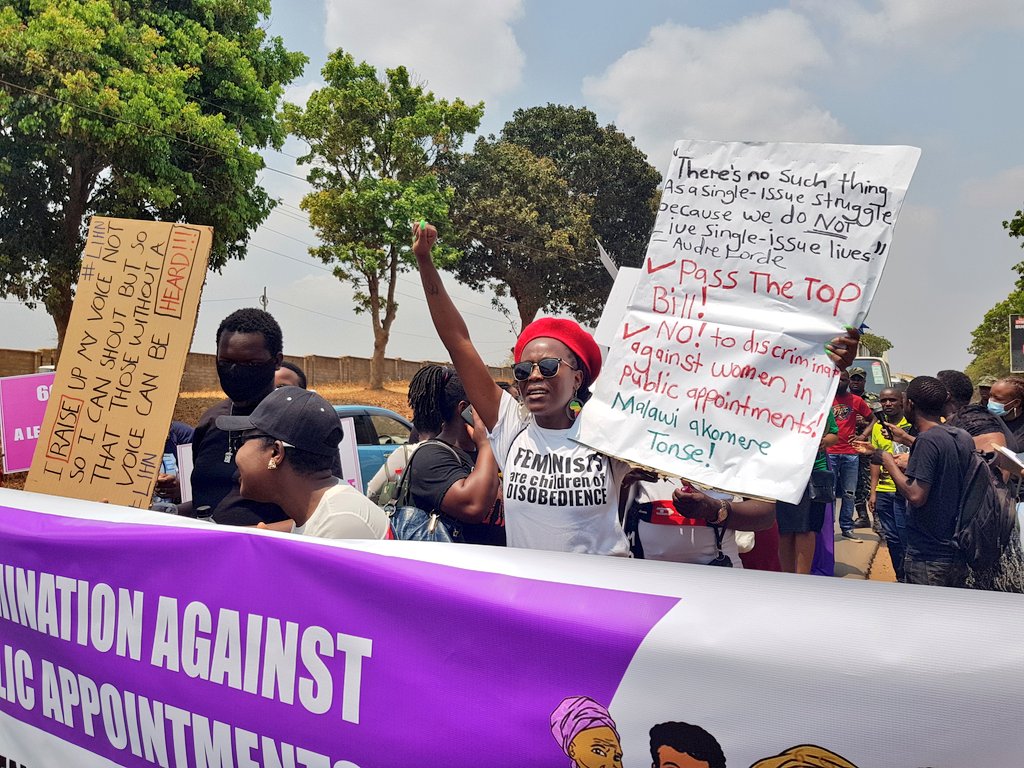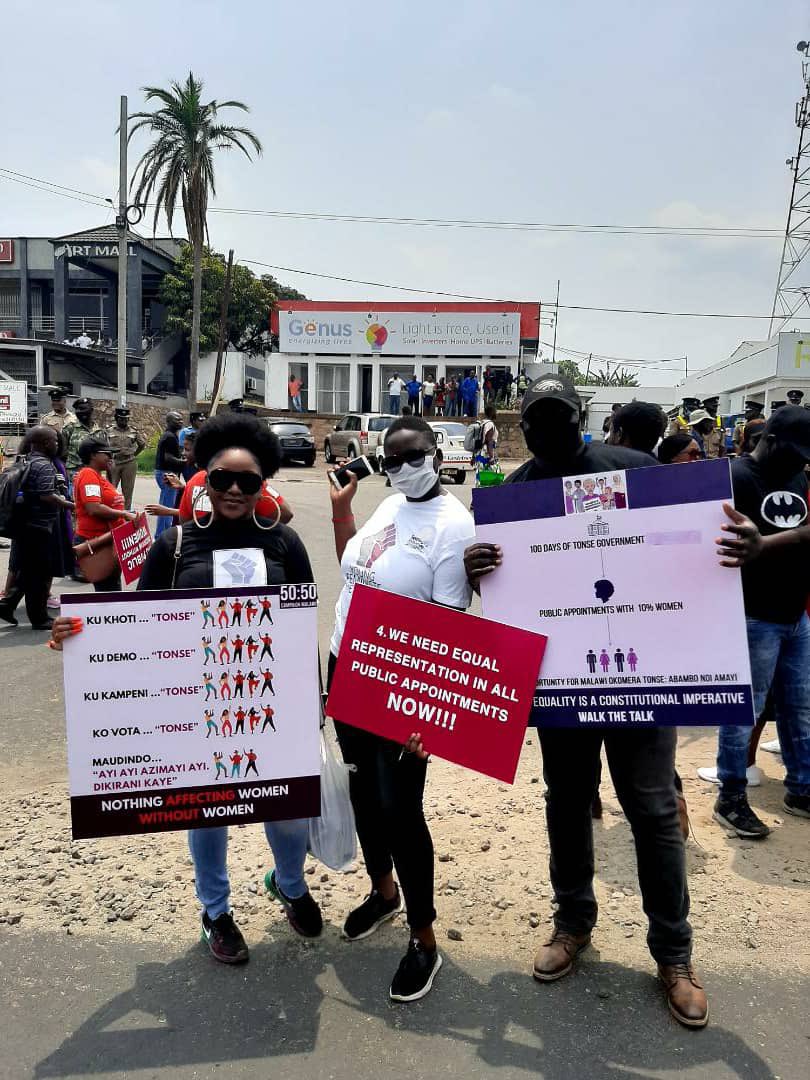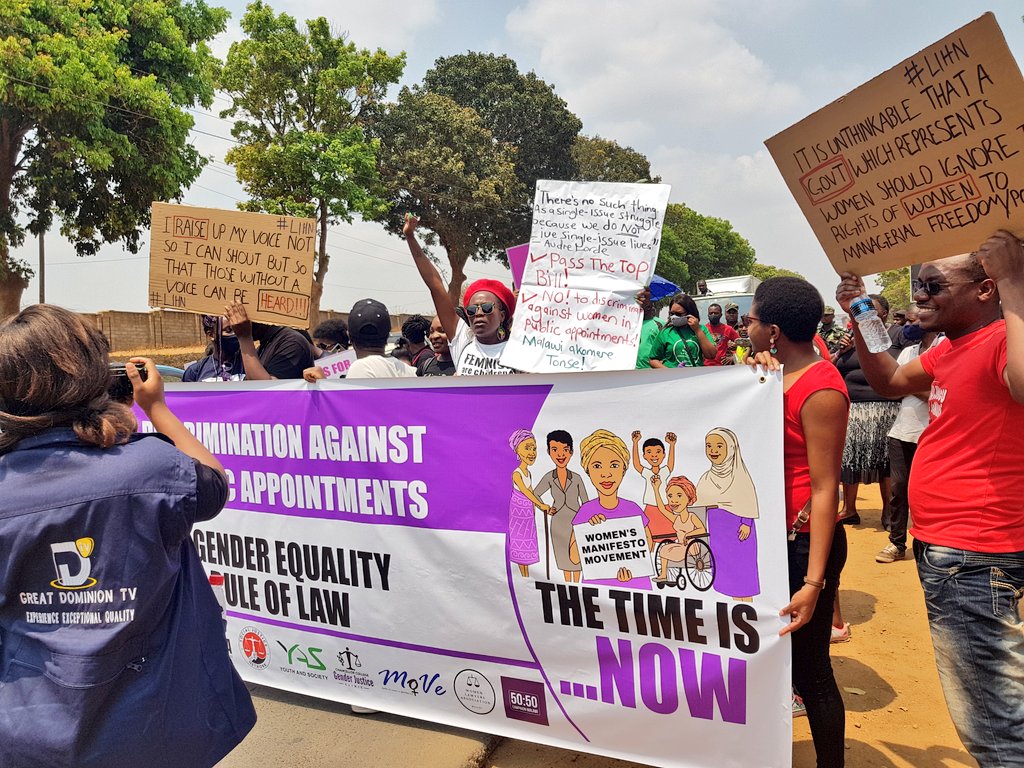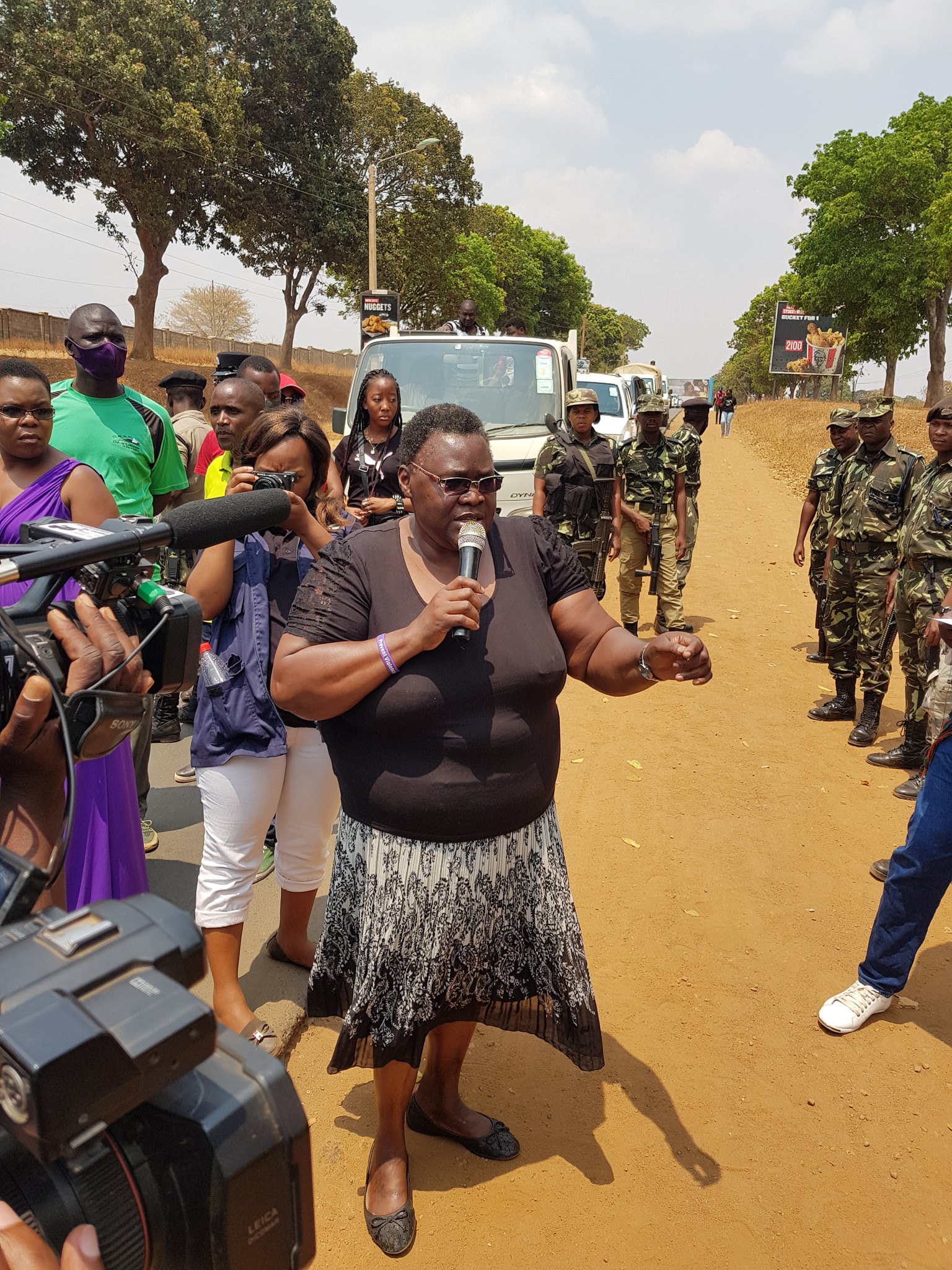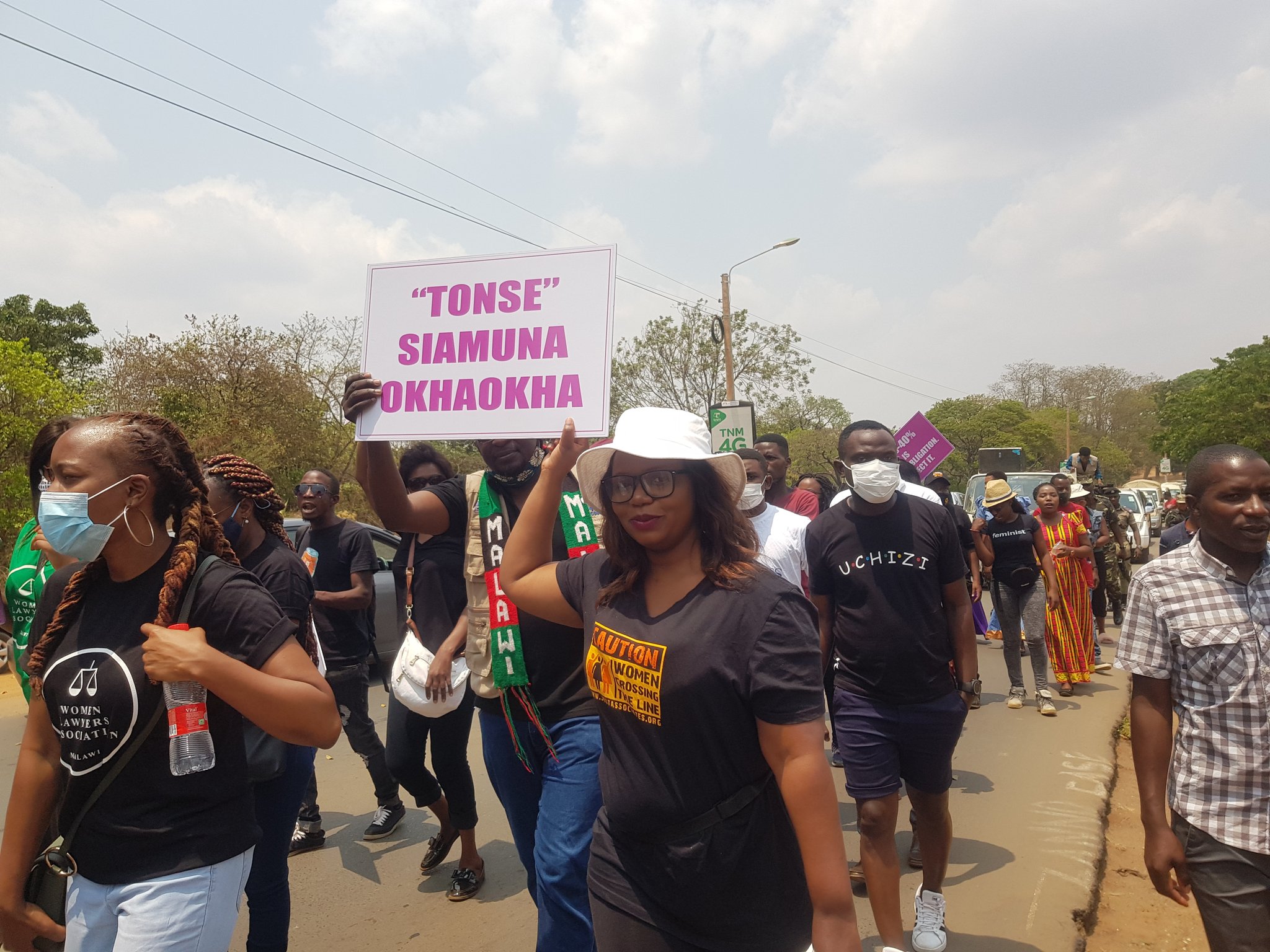Peace is not the goal; it’s a result!
Like many, I have been following the news coming from around Gaza since Saturday morning. In my network, I’m exposed to Israelis, Palestinians, and internationals. The ones that get me irritated the most are the internationals who call for peace and sometimes attach a picture of a child with Kofyeh hugging a child with Kippa, or a Sheikh and a Rabbi smiling in the same picture.
Those pictures, or the statements calling for peace, are making me angry as they flatten and misinform the narrative around the real story—a story of occupation, oppression, and inequality. In addition, it frames the situation as a religious war, which it is not. The Zionist movement was secular all along. The Palestinian Liberation Movement has also been secular since its early days. The Zionist movement has been mostly Jewish; however, they have been supported by some Arabs (those could be Muslims, Druze, or Christians). The same goes for the Palestinian resistance, which would include all of the above. Needless to say, both sides have atheists in their camps as well.
This is important to note as this “conflict” is not a religious one going back to medieval times. It’s relatively new. It started when Hertzl and other Jews in Europe felt their safety and aspirations were always questioned, so they wanted a place of their own, their national state. Unfortunately for Palestinians, the choice of the Zionist movement was to colonize Palestine in 1948, kick out the indigenous population (75% of them), and treat the others who stayed and became mostly internally displaced as a cheap workforce while denying them any collective rights.
Since 1948, Palestinians have fought Israel in many ways, but militia attacks against a highly militarized state with one of the most advanced systems in the world clearly aim “at best” to hurt. Unlikely to achieve liberation or any real change in power dynamics, the maximum you can do as a resistance is to make the Israelis taste a little bit of what the Palestinians go through. This realization led Arafat and the Palestinian leadership to sign a “peace” agreement with Israel in 1993. That peace was mostly peace of mind for the Israelis, and it was in no way a peace that the Palestinians felt. For many, especially now, 30 years later, that wasn’t a peace agreement; it was a surrender agreement.
During the same time and for many other regional reasons, the Islamic movement Hamas was on the rise. That coincided with the rise of a new stream in Israel, the national-religious one. Nowadays, the latter constitutes the majority in the Israeli government, calling for more land and fewer Palestinians to get a “pure Jewish state”. On the other side of the fence, Hamas, within their narrative, describes this as a religious conflict centered around Al-Aqsa. This narrative works well for Israel too, as they can easily gain the support of the western allies by appealing to the Jewish-Christian connection (the right-wing) or portraying themselves as the liberals against the Islamic group (the left-wing). This has been good for Hamas as they can appeal to Muslims outside Palestine, hence the support from Iran.
And by the way: Hamas was created by Israel to disempower Arafat in the 70’s and 80’s. It was around the same time that the U.S. supported the establishment of Al-Qaida to fight the Soviets. And in both cases, that was a fatal error for them.
Anyway, the essence of the problem for Palestinians is not religious. It’s about being equal to the Israelis. And of course, before that equality talk can start, an earlier one about the freedom and liberation of the Palestinians inside and outside of Israeli control should be the cornerstone.
So, for anyone calling for “peace”: an agreement was signed 30 years ago. Things just went from bad to worse for Palestinians since that agreement. Real peace will come as a byproduct of real equality for everyone, freedom for everyone, and safety for everyone. Without those elements, no peace will be achieved. And if we don’t remember that it’s about those rights that Palestinians are fighting for, we’re misreading reality.
How could you defend “terrorists”?
Let’s start with what makes a person a “terrorist”. For that, let’s look at the one you don’t call a terrorist, the Israeli soldier. Is the Israeli soldier exempt from being called such because they wear a uniform? If you compare the actions of both: killing civilians, taking hostages, and spreading fear, they both do those things. Is it the ideology? Both believe it’s their land, and they should defend their land and their people. What is it that makes one of them a terrorist and not the other, if we’re examining the actions they take?
If you’re denying that the Israeli army is doing this too, then you are not even aware that they are much more professional terrorists compared to Hamas, by any measure you want to use: the number of children killed and taken hostage, the number of killings, the number of destroyed buildings, the number of displacements they created, or any other scale you may use.
I wouldn’t defend a terrorist act. Both of them are making many people suffer. The main difference, for me, though, is that Israel is a state that created this whole situation by running an apartheid regime.
Join me on a though experiment; we take Hamas out of the picture. We put instead of them another organization we call Lamas. The only condition for this scenario to work is realizing that Lamas can’t be like the Palestinian Authority. Why? Because the Palestinian Authority was voted out by Palestinians due to its corruption and collaborating with Israel against Palestinians, so Lamas needs to be a resistance movement, and that’s the only condition. We can make them a socialist leftist resistance movement (even though those were actually the roots of the PA, but we can ignore that for now).
Ok, player, now what can Lamas do to resist? I’m saying to resist, as they can’t negotiate with Israel. That’s the main condition for this game. Negotiating and reaching an agreement with Israel have been tried out before.
How would you resist? You don’t have an army, and you don’t have open borders to get weapons into, and among your troops, the main reason people are joining your fighting units is revenge, as almost all of them have lost some or all family members to Israel.
How would you resist? And you have no choice except to resist, because if you don’t, a more extreme organization will take over, because the people got you in power only because you said you would resist. They tried the ones that didn’t resist, and it didn’t work out.
How would you resist, Lamas? It can’t be a normal war, as you don’t have tanks, planes, or even armed cars. It can be done only through militia tactics. You are fighting one of the most advanced armies in the world; it’s selling its technology that was tested on you, and their monthly budget is much higher than your yearly one.
How would you resist? Lamas?
Important to note: this text was written to explain, not to justify.
To my Israeli friends
I feel your pain. I really do. It is hard to live in fear; it is hard to hear sirens and wake up to gunshots and the possibility that your life or the lives of your loved ones will end. It is horrible just to consider that maybe when things have calmed down a bit, you need to move somewhere else safer—if you have the choice.
For those who have some of their loved ones being taken as hostages or prisoners, it’s even more scary, especially if they were kids. When someone dies, you can grieve. But when the uncertainty is floating above your head, it makes the heart pump too much, and in your weakness, you just want to know. Hoping for a hug sooner than later, knowing a message of death can be delivered anytime but also, knowing this uncertainty can take years.
Some of you, my friends, share videos of “imagine having a calm morning and then waking up to rockets and armed men roaming in your town and in your streets”; others share videos of “the fear in our children’s faces and our tears”.
You know who really and fondly feels your pain as well? Palestinians. The previous three paragraphs can describe the lives of Palestinians; some images are more applicable to Gaza, and others to the West Bank. I’m not even including Palestinians living to this day, for 75 years, in refugee camps.
I’m not writing this to tell you what happened is your fault. I could easily go down that tempting path. I’m also not writing this to compare “who suffers more”, which is another tempting path. I’m writing this to tell you that it’s hard to live such a life, regardless of whether it’s for a day or a lifetime. I’m writing this to tell you to please think of the others behind the fence as you feel the pain.
Try to extend your empathy to others outside your group, to others who are suffering due to the choices of your group. It’s easy, for you and for me, to think only of our own people. It’s easy to be blinded by anger and to want the uncertainty to end but remember as well that the status quo as we knew it is not an option. Things need to change, and we must believe in the importance of the safety of everyone, or we will be in this cycle again.
Sobhi is an activist and regional specialist at Het Actiefonds from Palestine.

